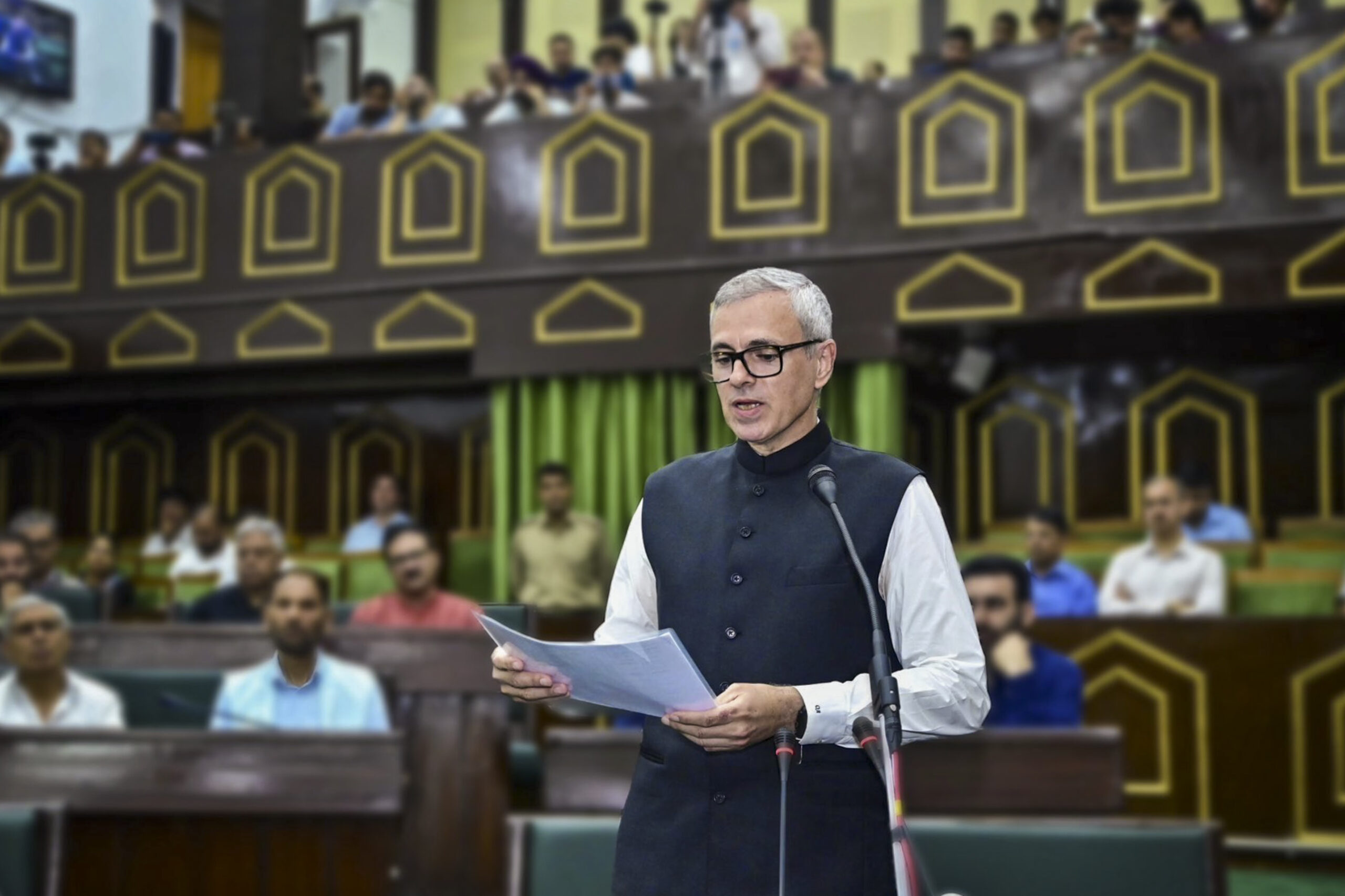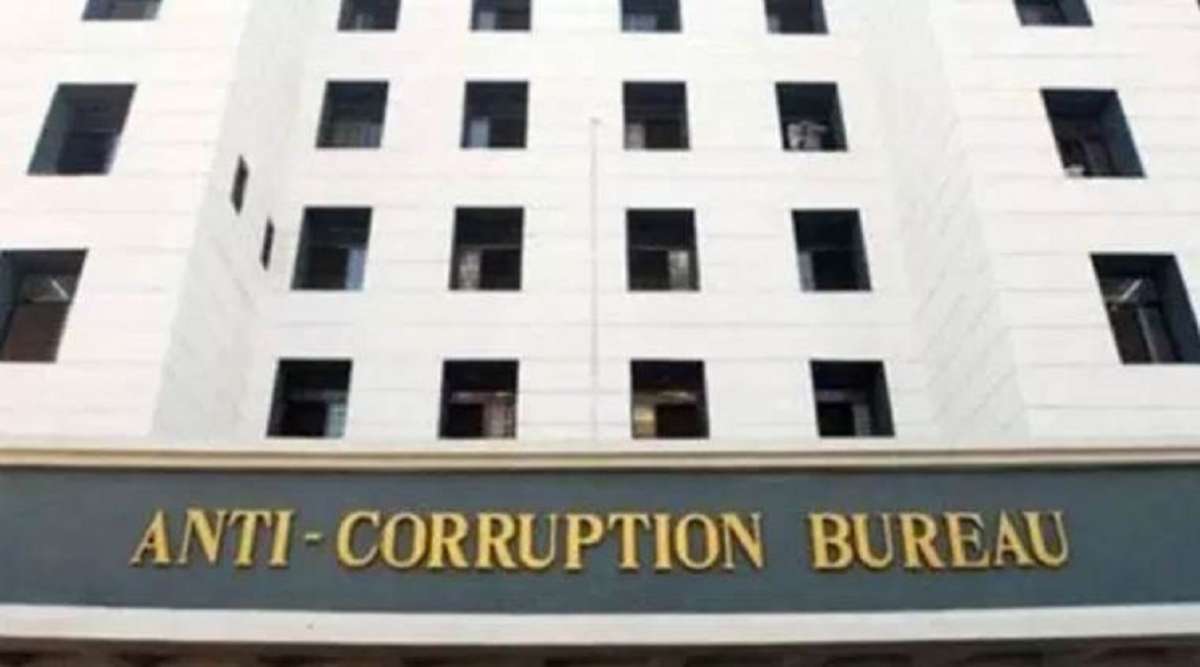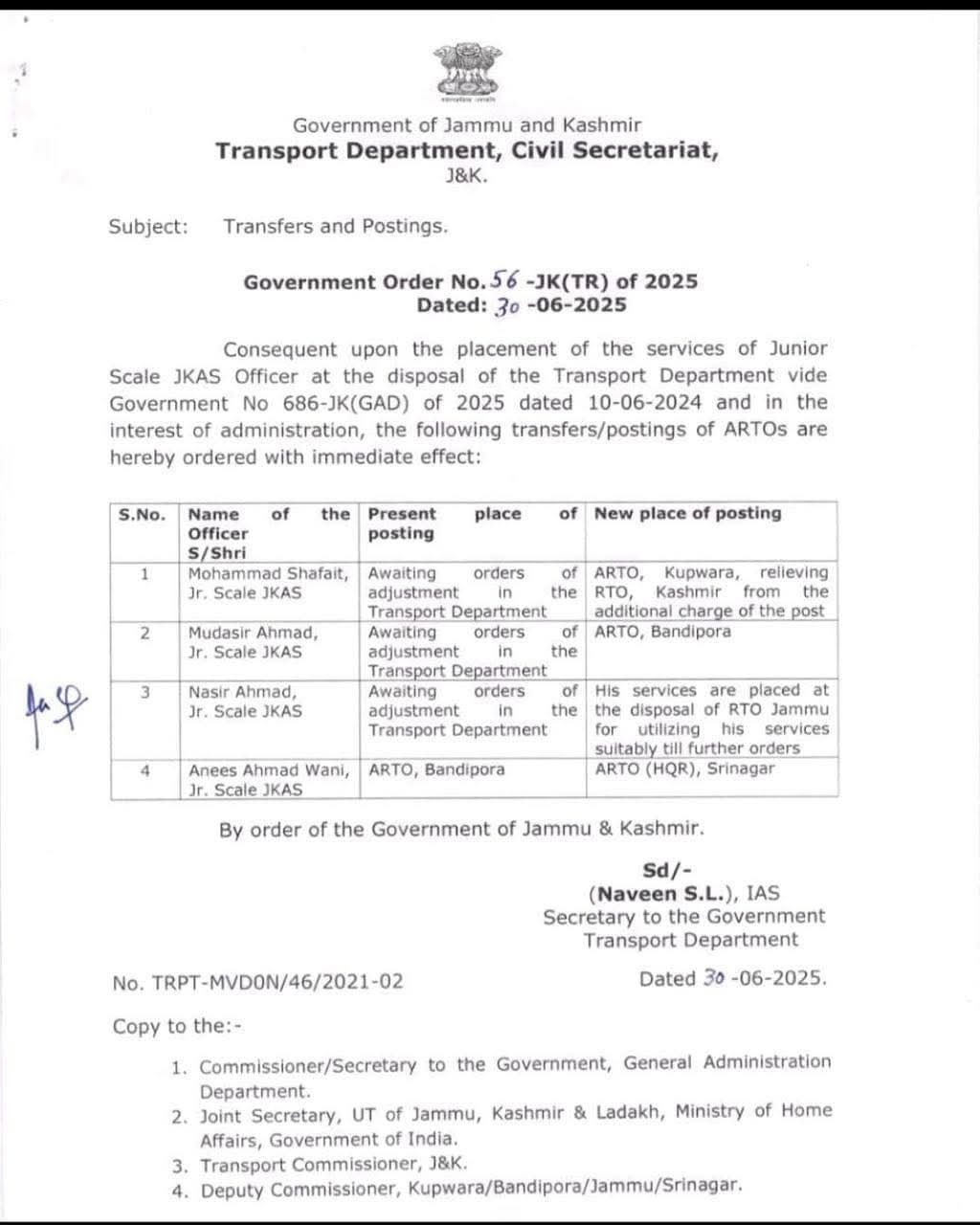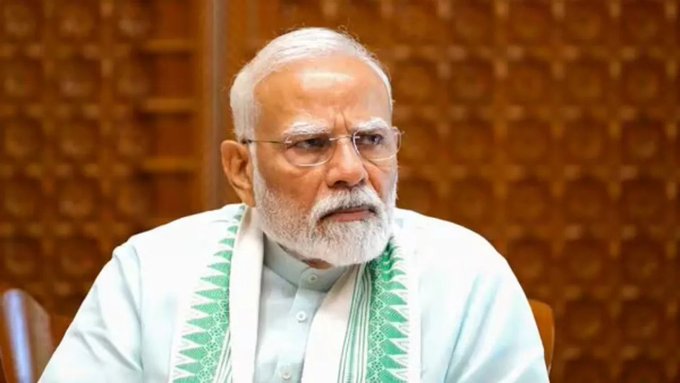Jammu: The unprecedented and spontaneous public outrage in Jammu and Kashmir over the Pahalgam terror attack has offered a glimmer of hope that terrorism may see its end soon with people’s help, Chief Minister Omar Abdullah said on Monday.
While assuring that his government would work to strengthen people’s crusade against the menace of terrorism, Abdullah also appealed to the Centre to avoid steps that will alienate the public in the aftermath of the April 22 attack in Baisaran meadow that left 26 people, mostly tourists, dead.
Calling the massacre the most unfortunate, Abdullah said during the special one-day session of the J&K Assembly that the spontaneous pouring of people on roads against the incident offers a glimmer of hope that terrorism may see its end soon with their help.
“Militancy, terror or terrorism will finish when people are with us. Given people’s outrage against the terror attack, this is the beginning of its finishing if we take proper steps,” an emotional chief minister said, winding up a discussion on a resolution in the House to condemn the Pahalgam terror attack.
“We should not take any step or action that will alienate people. We cannot control a terrorist with a gun but we can end terrorism if people are with us. I think that time has come when people are heading towards that stage,” he said.
Referring to the unprecedented and spontaneous protests across Jammu and Kashmir, Abdullah said Srinagar’s Jamia Masjid and other mosques for the first time observed a two-minute silence before Friday prayers.
Separatist conglomerate Hurriyat Conference chairman Mirwaiz Umar Farooq leads the prayers in Jamia Masjid which was considered as the headquarters of separatism in Kashmir since the eruption of militancy in 1989.
Reading out the names of the slain civilians during his over 25-minute speech, the chief minister said from east to west and north to south, the whole country suffered the loss because of this heinous attack.
“This was not the first attack of its kind in J&K as many such incidents like the firing on Amarnath yatra camp, villages in Doda, Kashmiri pandits and Sikh habitations have taken place in the past but the Baisaran incident against civilians took place after a gap of 21 years.
“We were of the opinion that such attacks have become history and these are no longer linked to our present or future,” the chief minister said, adding that unfortunately the Baisaran attack revived the past memory and a feeling that where might be the next attack.
Recalling his visit to the police control room to pay homage to 26 victims earlier, the chief minister said “words could not express how I could seek forgiveness from the bereaved families. How do I console children who witnessed their father’s violent death, or a newlywed widow of a Navy officer?”
Abdullah recounted the heartbreaking questions from survivors, who asked “what was our fault?” Their first trip to Kashmir, intended for joy, had turned into a lifelong tragedy, he said.
Expressing a sense of personal responsibility, he said “as both chief minister and tourism minister, I invited them to Kashmir. My duty as their host was to ensure their safe return, a duty I failed to uphold.”
Abdullah directly confronted the terror group, The Resistance Front (TRF), an offshoot of Lashkar-e-Taiba (LeT), which claimed responsibility for the attack, citing alleged demographic change.
“Those who claim to act for our betterment…did we ask for this? Did we ask for 26 innocent people to be sent home in coffins? Did this attack have our consent?” he said.
He said that the sentiment of every person in Jammu and Kashmir was a resounding “no”, emphasising the deep and personal impact of the tragedy.
“We saw people coming out on their own from their homes, from Kathua to Kupwara, for the first time in 36 years to lodge their protest against the killings. There is hardly any place where the people have not condemned it and expressed in unequivocal terms that ‘not in our name'”, he said.
Paying tributes to Syed Adil Hussain Shah from Anantnag, who lost his life in the terror attack, Abdullah said “everyone valued his life, yet this young Kashmiri man sacrificed it to protect the tourists.”
“He could have fled without question, but instead, he faced danger head-on.”
Abdullah said that surviving tourists were sharing similar stories of courage and compassion like that of a pony handler who refused to leave a tourist behind, a Shikara wallah offering free rides, and taxi drivers and hoteliers providing free services and accommodation in Srinagar.
“I salute and thank them for this deeply ingrained hospitality,” he said.
The chief minister said the reason behind constituting a special assembly session was that neither the Parliament nor any other assembly of the country can understand the pain of the 26 families other than this assembly.
“Speaker sahib, those people sitting around you have also lost someone or the other to terrorism. Our sisters (BJP’s) Shagun Parihar, (NC minister) Sakina Itoo, (Peoples Conference chairman) Sajad Gani Lone, (NC legislator) Qaysar Jamshaid…somebody lost his father or uncle. Sajad expressed the pain in the House of losing someone close in a way that nobody else will,” he said.
“How many of us were attacked…father of Rafiq Naik (of PDP) was attacked (on April 17, 2006). While the attacks are countless, the House also remembers the deadly attack on J&K Assembly complex in Srinagar on October 1, 2001 that left 40 people dead.
“That is the reason why I said neither Parliament nor any other assembly can understand this pain as will the J&K Assembly,” Abdullah said.




















